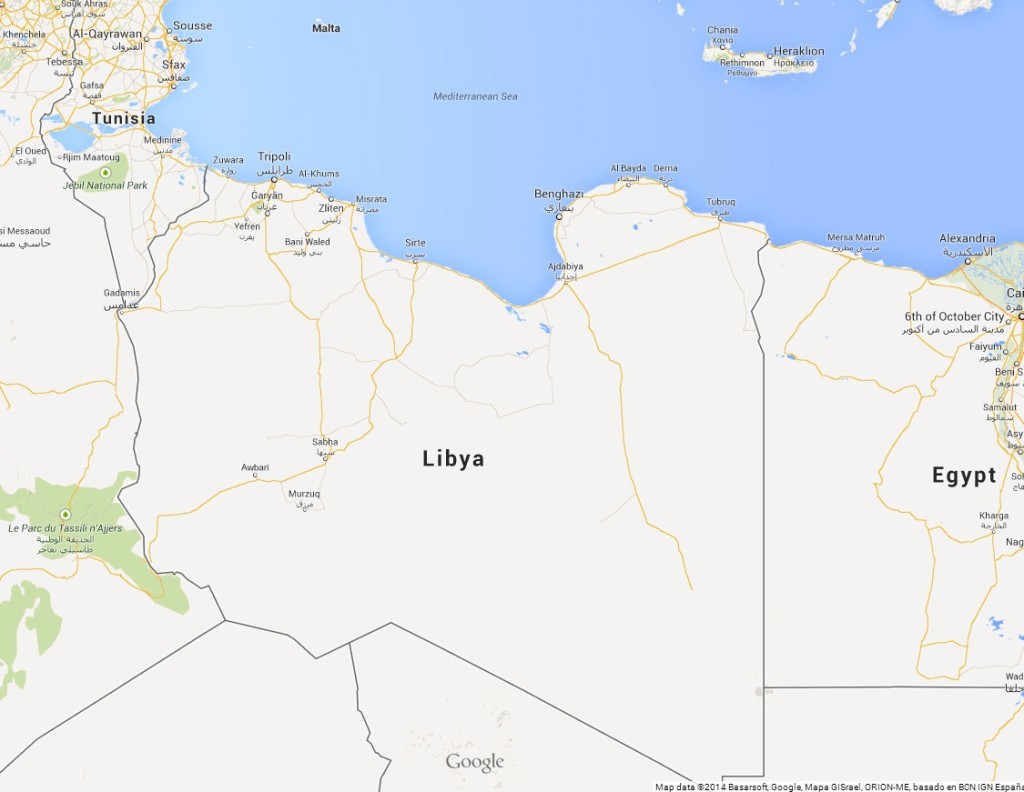
Libya, the north African country whose crude exports collapsed last year amid protests and political feuding, will seek to revive shipments in a way that avoids oil-market disruption, its governor for OPEC said.
Protesters in the east of the country with Africa’s largest oil reserves reopened two ports at the start of this month, ending a yearlong blockade that helped decimate the nation’s supplies. Brent crude, the global benchmark, slid about 3.3% since the rebels said the terminals would restart.
“Our return to the market will be gradual and in coordination with our fellow member countries,” Samir Kamal, the nation’s governor for the Organization of Petroleum Exporting Countries, said by e-mail yesterday. Libya will take the same gradual approach toward sales of oil it has stored at the two terminals, he said.
Crude surged last year when the protesters halted four Libyan ports in an attempt to change how the country’s oil wealth is distributed. Two of those terminals resumed earlier this year, and the rebels said at the start of this month that they halted a blockade of Es Sider and Ras Lanuf, the largest and third-biggest. Neither has so far shipped cargoes.
Libya is producing 325,000 barrels a day of crude as of today, National Oil Corp. spokesman Mohamed Elharari said by phone today from Tripoli. A pipeline from the Sharara oil field resumed, allowing the deposit that can pump 340,000 barrels a day to restart.
Output will rise toward 1 million barrels a day as Es Sider and Ras Lanuf terminals resume exports, according to estimates from Petromatrix GmbH, a Vienna-based consulting firm.
Libya ended force majeure at the ports on July. 6, according to National Oil. Operators have been instructed to evaluate their facilities in order to resume operations, Kamal said.